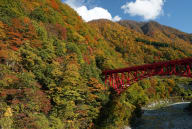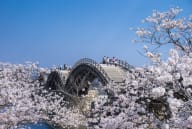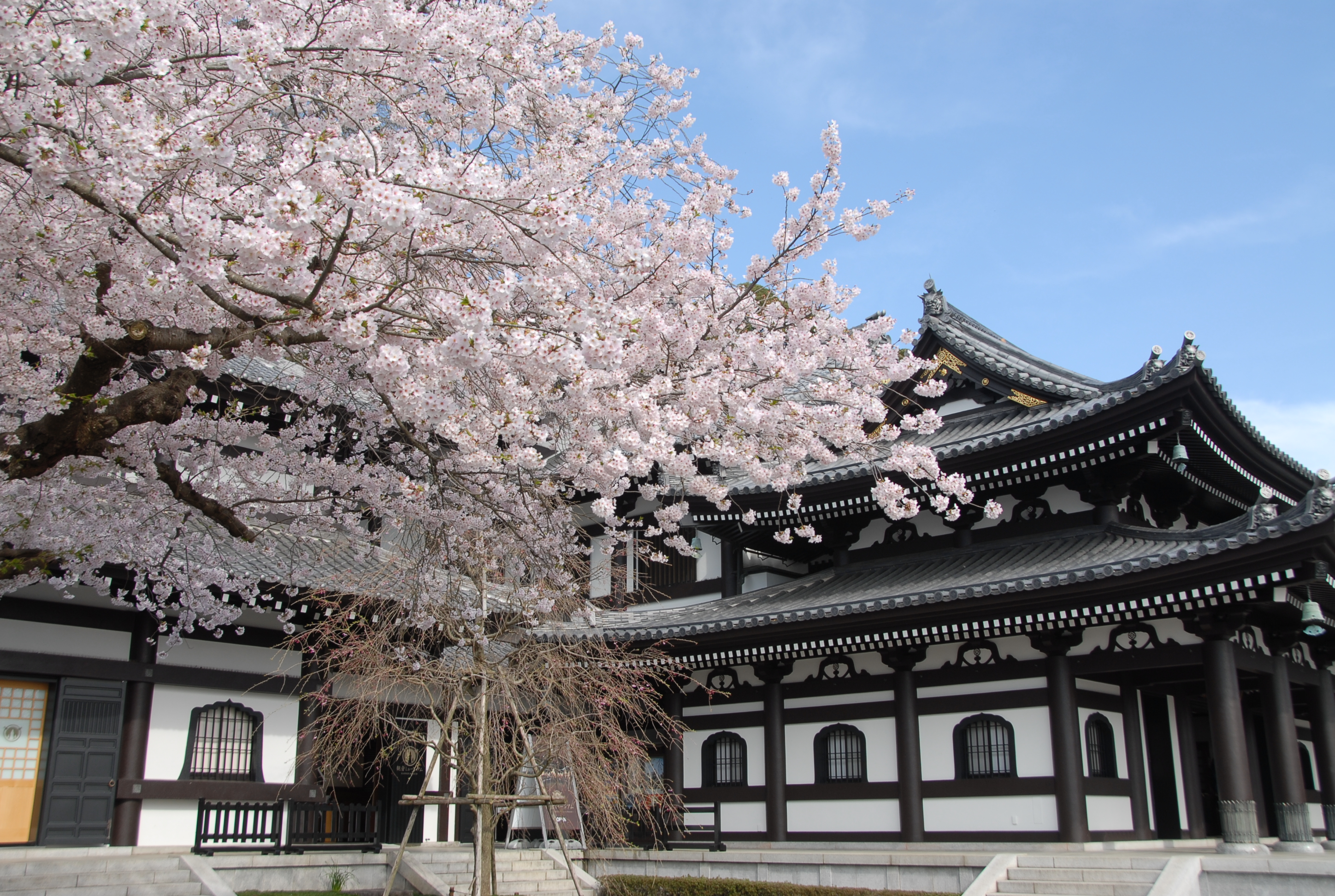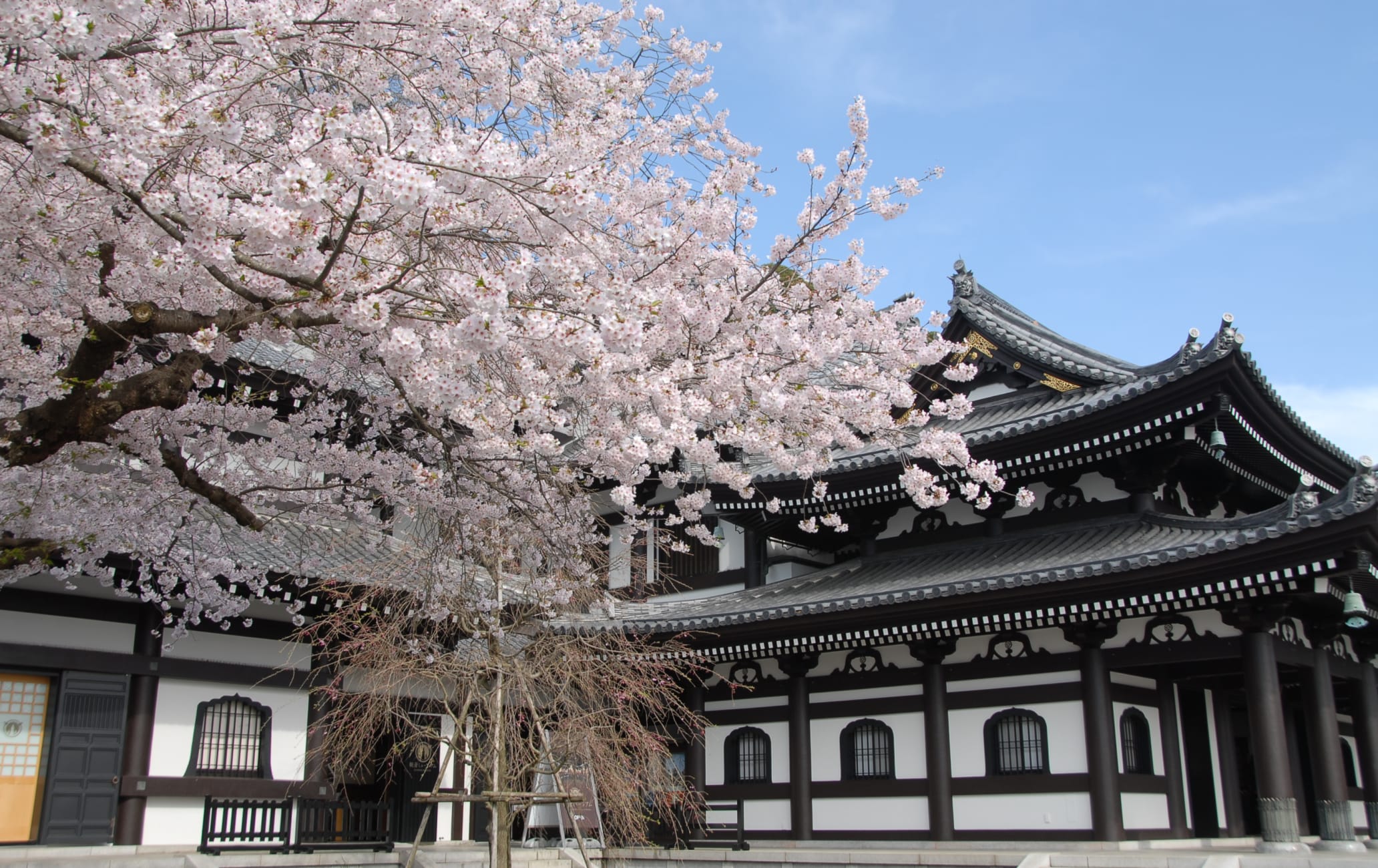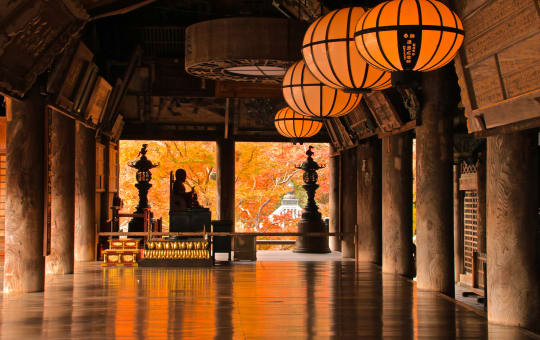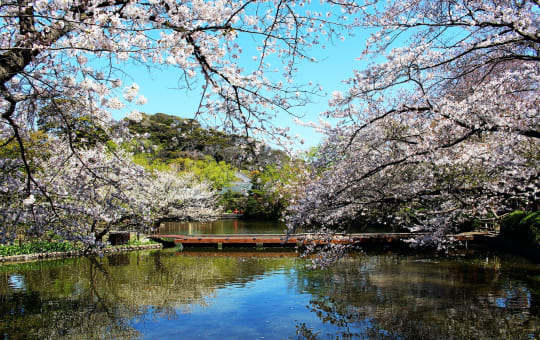La sœur de Hasedera à Nara et l'un des plus anciens temples de Kamakura
Soi-disant établi au VIIIe siècle, le temple Hasedera abrite une statue géante de Kannon, déesse de la miséricorde. Explorez le parc et découvrez l'histoire de ce lieu particulier.
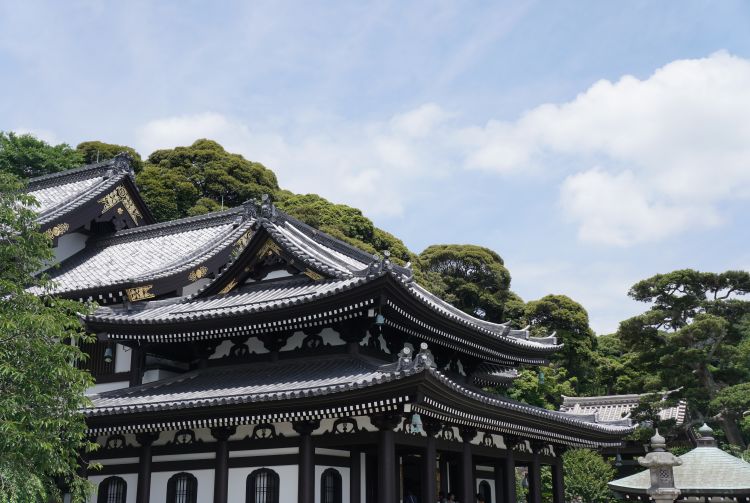
Comment s'y rendre
Le temple Hasedera est facilement accessible en transport en commun.
À Tokyo, prenez la JR Yokosuka Line jusqu'à Kamakura. De là, prenez la Enoden Line jusqu'à la gare de Hase. Le temple est à cinq minutes à pied de là.
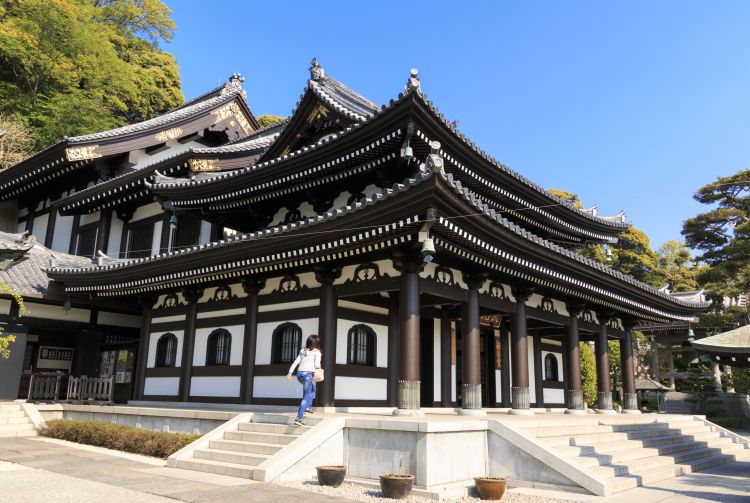
La statue miracle
En 721, le moine Tokudo Shonin demanda qu'on érige deux statues de Kannon, la déesse aux 11 visages, à partir du même camphrier. L'une a été précieusement conservée à Nara et l'autre a été jetée dans la mer en tant qu'offrande. Une quinzaine d'années plus tard, cette dernière s'est échouée non loin de Kamakura , et un temple, le Hasedera, a été construit pour l'y conserver. De plus de 10 mètres de haut, c'est aujourd'hui la plus grande statue en bois du Japon.

Cloches et bouddhas
Le temple abrite un petit musée consacré à Kannon et à l'histoire du temple. D'anciens parchemins et statues y sont exposés. La salle Amida-do abrite une statue en or du Bouddha Amida, la même divinité immortalisée par le Grand Bouddha de Kamakura. La cloche du temple a également été reconnue de manière officielle comme un bien culturel important.

Un lieu de méditation
Le temple Hasedera se trouve sur une colline bordée d'arbres, où Kamakura et l'océan se dessinent, prêts à être photographiés. Le jardin du temple promet une agréable promenade, surtout en automne lorsque les feuilles arborent de superbes couleurs vives et au printemps lorsque les cerisiers sont en pleine floraison.




























